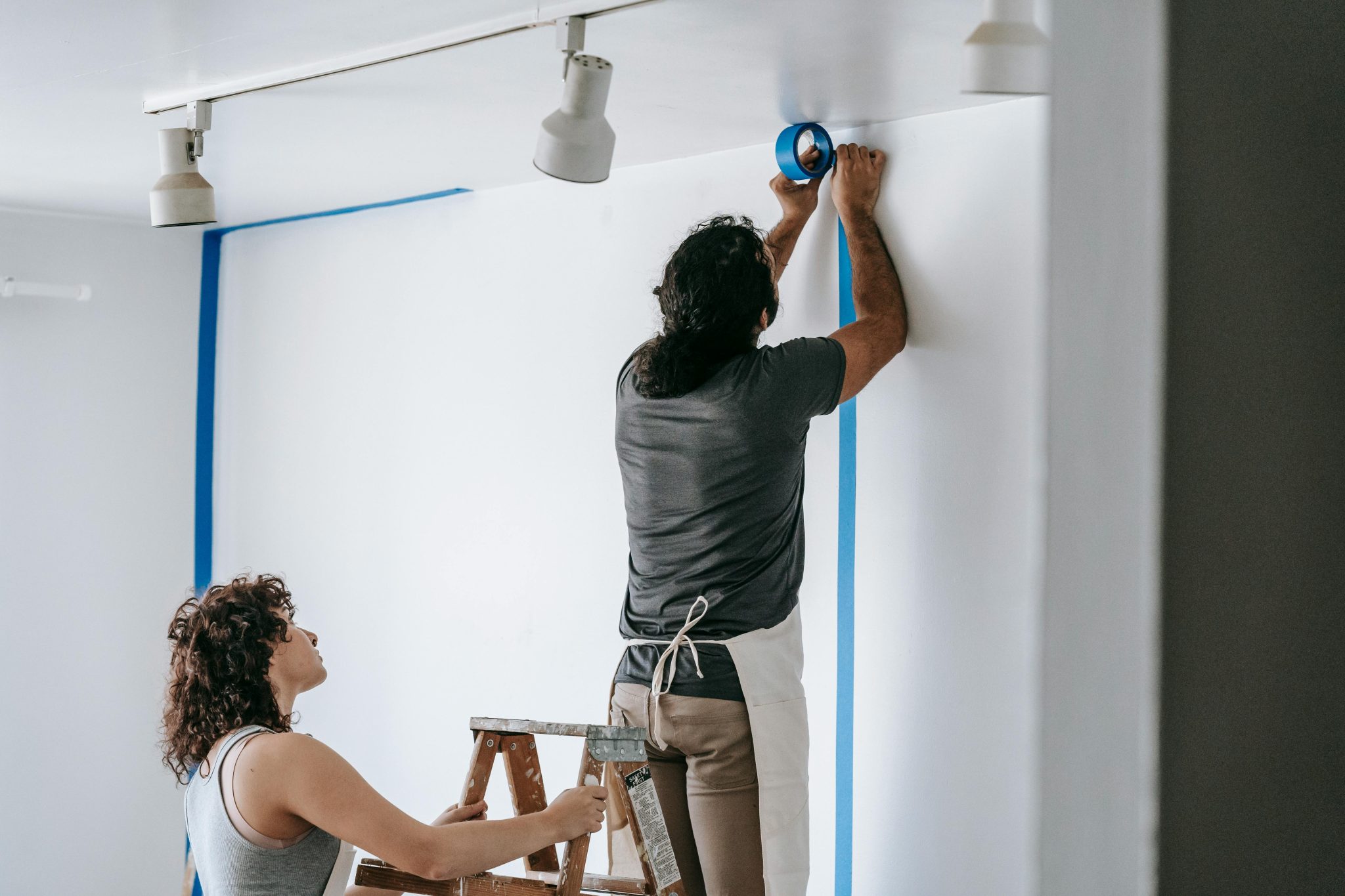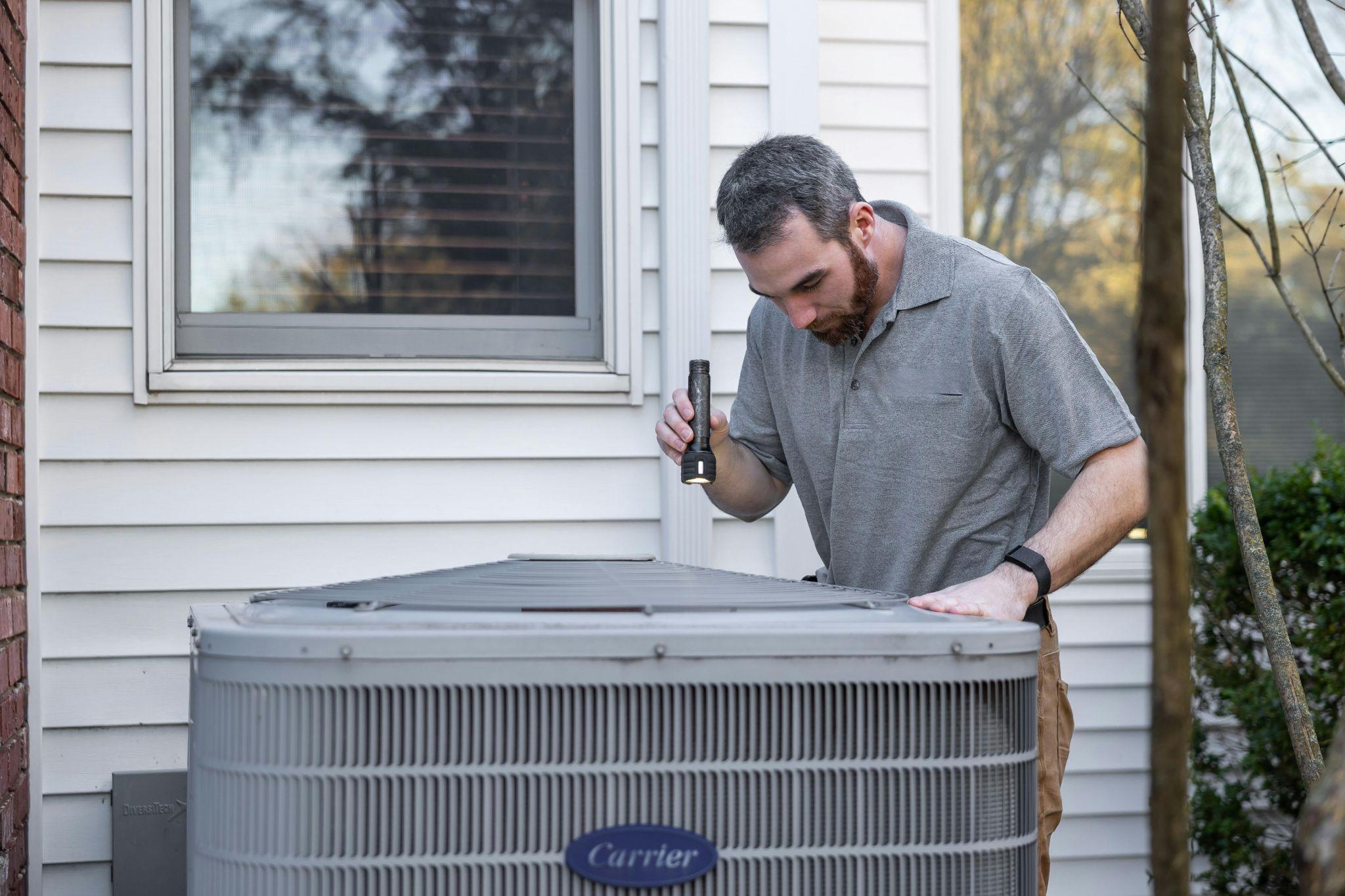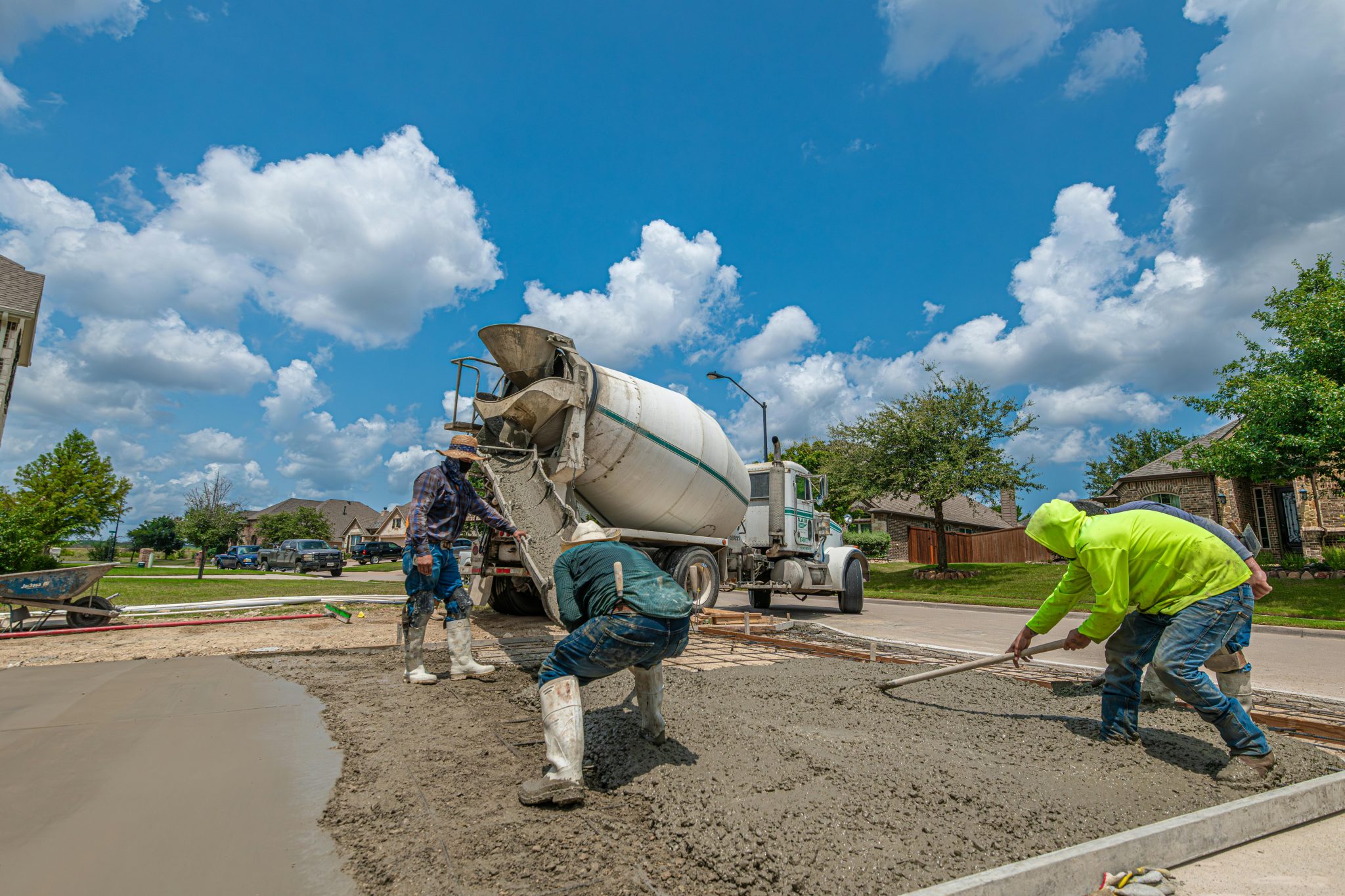Essential Maintenance Tips for Year-Round Comfort in California
California living provides one with the experience of a varying climate—blistering summers and cool, mild winters. It spells comfort throughout the year in a house, which is held to be of prime importance, at the center of all is an aptly serviced HVAC system.
This might not only help a system run smoothly but also increase its life span. Here are some important tips to help you in keeping the HVAC system properly working from one season to another, according to AirMaker HVAC Inc. professionals from Winnetka, CA.
1. Regularly Change Your Air Filters
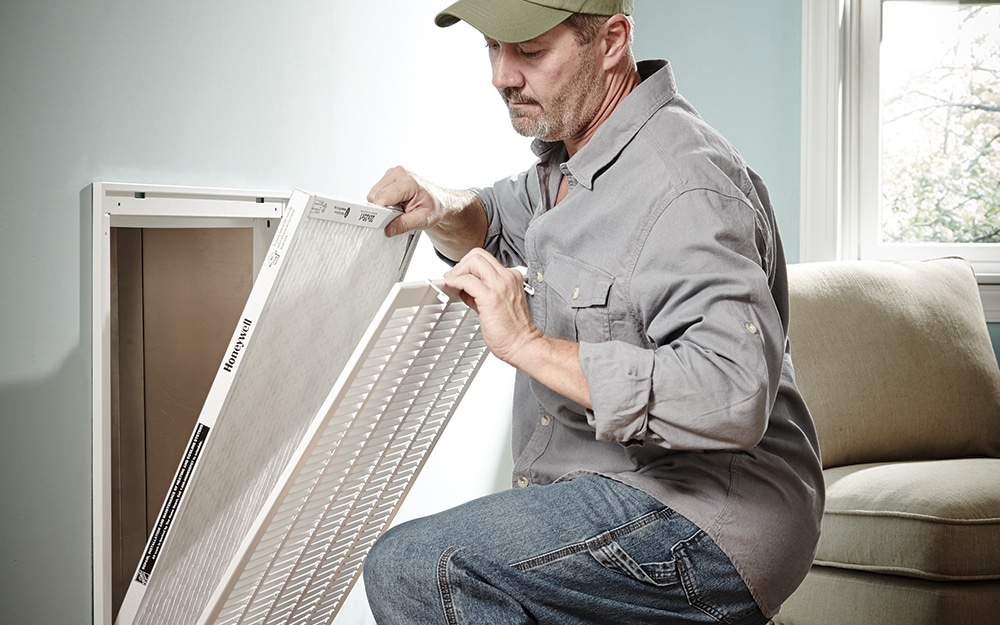
This is one of the easiest, most effective maintenance tasks: replacing your air filters regularly. Dirty or plugged-up filters lower the efficiency of your HVAC system; therefore, it creates increased difficulty in attaining the desired temperature.
This increases your energy bills and puts unnecessary strain on the system. This might be every 1 to 3 months, depending on filter type and usage level. Regularly replacing the air filters will provide cleaner air circulation and optimal performance of the systems.
2. Schedule Bi-Annual Professional Inspections
An HVAC system, to function easily all through the year, requires professional inspections at least twice: during spring and fall. Such inspections by AirMaker HVAC Inc in Winnetka, California, can help so that any problems are detected and resolved well before they become major issues.
Be it checking for wear and tear, critical component cleaning, adjusting where appropriate, it could save you from costly repairs or sudden breakdowns.
3. Clean and Clear the Outdoor Unit
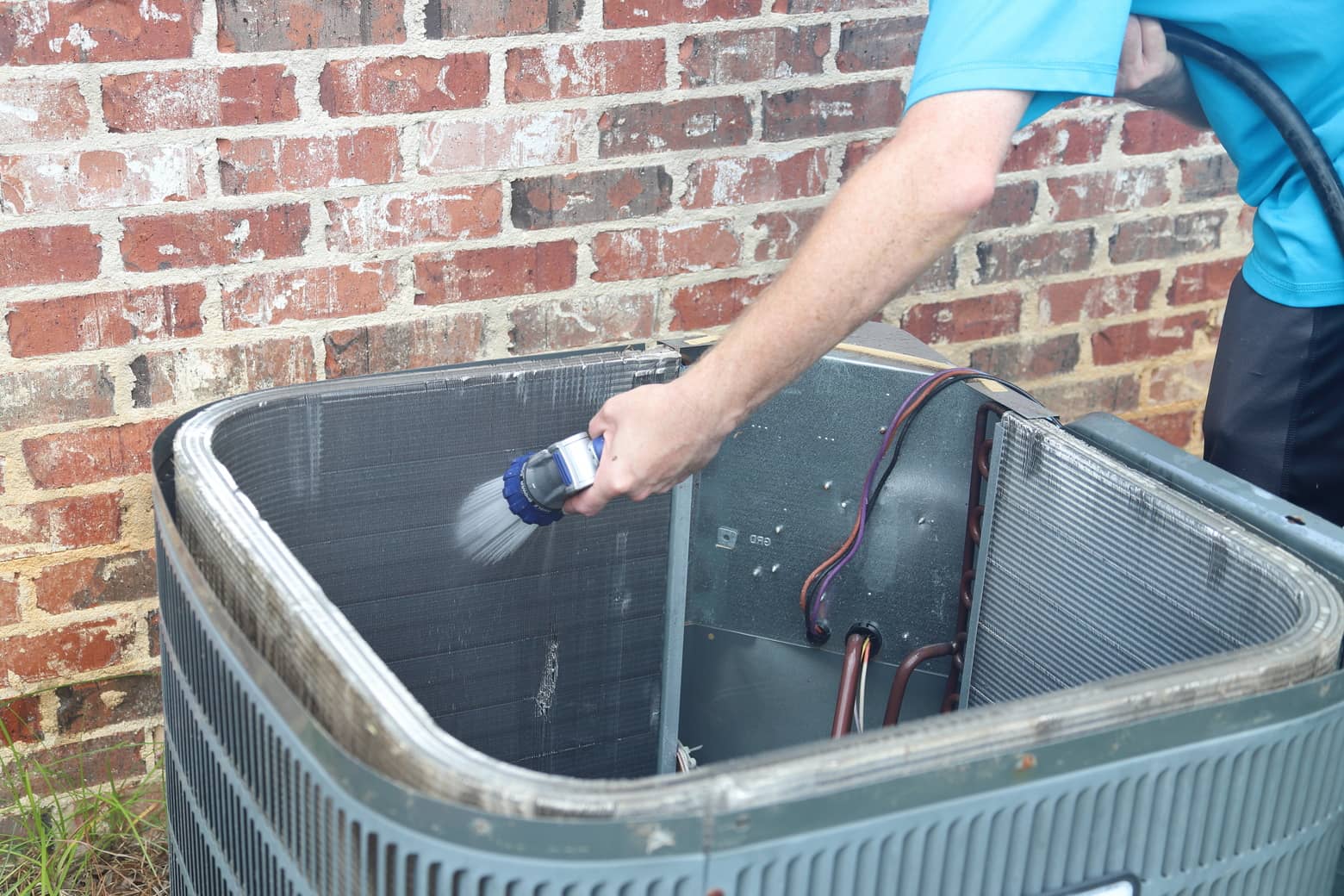
The outdoor unit is weather-exposed and gathers dust, leaves, and other types of filth. It’s essential to clean the outside unit for proper air flow and efficiency. Be sure to turn off the power to the unit before cleaning.
Turn on the garden hose and allow its spray to gently rinse away dirt and other debris from the coils, then trim all nearby vegetation so there is at least two feet of clearance around the unit. This simple act will go a long way in preventing overheating and improving your system’s efficiency.
4. Check and Seal Ductwork
Severe duct leakage or poor duct sealing/insulation will result in massive energy losses, reducing the efficiency of your HVAC equipment. Pay attention to spots with visible leaks or gaps in your ductwork and then fix them using either duct tape or mastic sealant.
Ensure that all the joints are tightly attached and similarly sealed. Proper sealing and insulating of the ductwork helps in enhancing airflow, system effectiveness, and ensures that home heating and cooling are balanced throughout the room.
5. Calibrate Your Thermostat
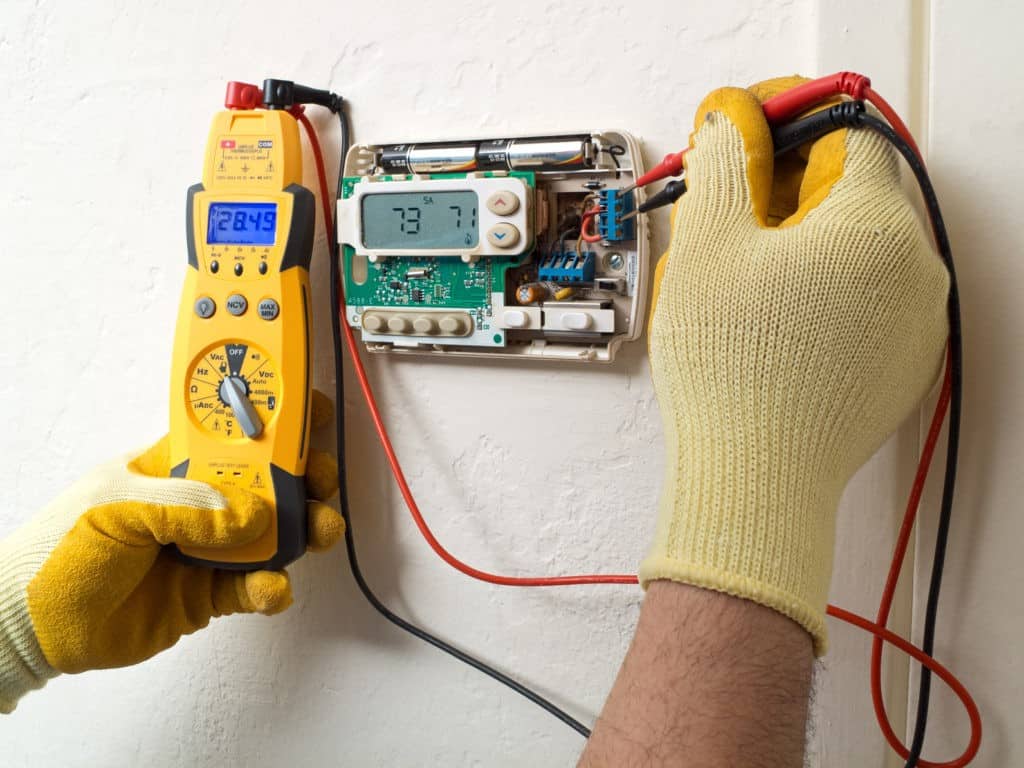
A good thermostat is crucial to maintaining a comfortable home environment. Even being a few degrees off can change the temperature setting and raise energy consumption. Check your thermostat settings against an accurate room-type thermometer.
If there are any discrepancies, recalibrate per the manufacturer’s instructions. Get extra convenience and power savings with a programmable or smart thermostat. These actually let you set temperature-related schedules by your daily routine.
6. Ensure Proper Insulation
It will also help in maintaining an even temperature inside the building and reduce the burden on the HVAC due to proper insulation of the building. Insulate your home, particularly in attics and walls, with the recommended R-value for your region.
More or enhanced insulation prevents heat loss during winter and air conditioning losses during summer, which translates into reduced energy bills and increased comfort.
7. Clean the Condensate Drain Line
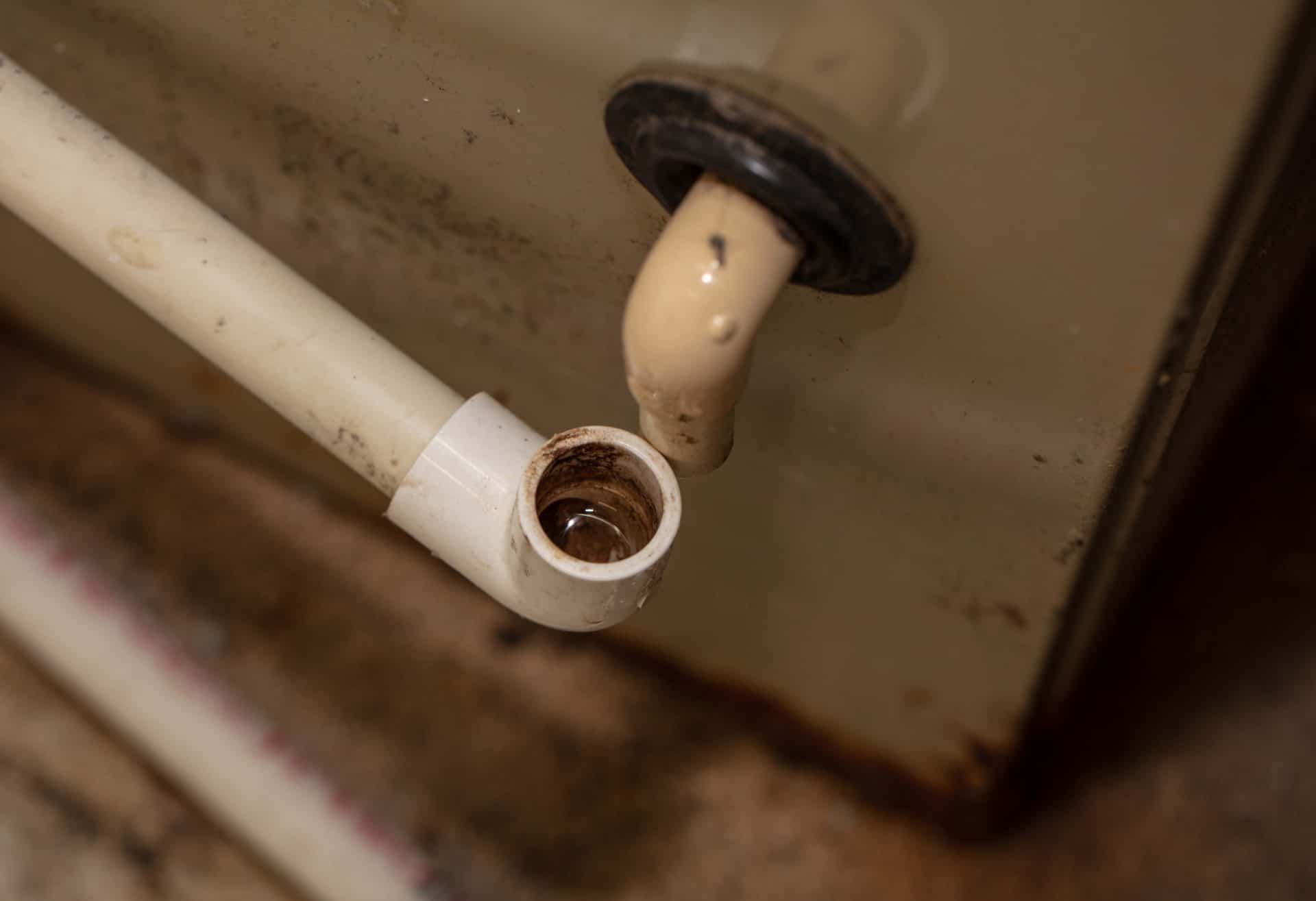
Unless your condensate drain line is free, it will build up moisture that will then be collected by your HVAC system. This line tends to clog with algae, mold, sludge, and other kinds of debris over time.
Water damage and lowered efficiency are inevitable unless this is cleaned regularly. Check the condensate drain line for blockages and clean it periodically to avoid these issues.
Flush the line using a mixture of bleach and water to help clean out any kind of buildup that might be there. By keeping the condensate drain line free, optimal humidity levels inside a house can be maintained without the potential chance of water damage.
8. Inspect and Clean Evaporator and Condenser Coils
The evaporator and condenser coils are an essential part of the proper heat transfer of your HVAC system. Over time, these parts can get dirty and will therefore become worse at performing their job. Technicians will clean the coils during their bi-annual professional inspections through AirMaker HVAC Inc in Winnetka, California.
You may also want to occasionally check your coils for dust buildup and gently clean them with a soft brush or vacuum. This will ensure efficient heat transfer and improve the overall performance of your system.
9. Check the Refrigerant Level
Low levels of refrigerant may result in making your HVAC work harder, increasing power consumption or even causing damage to the compressor. When you realize that the HVAC system cannot cool or heat, it might be due to the leakage of the refrigerant.
When experts come over for inspection, they have to check on the extent of the refrigerant and air it up if need be. If there is a leak, then one should ensure that it gets repaired to avoid further damage on your System.
10. Monitor Energy Consumption
Keeping track of your energy bills can also turn up probable problems with your HVAC system. Sudden spikes in energy usage could very well mean your system is running inefficiently.
By watching constantly, you will likely be able to catch the problem early and correct it. You can invest in energy-efficient equipment or parts and lower general energy use for better system efficiency.
11. Listen for Unusual Noises
Unusual noises from your HVAC system could mean that problems are upcoming. Squealing, grinding, or banging noises could be symptoms of motor misbehavior, blower misbehavior, or another malfunctioning part. If any of these unusual noises rise, it becomes very important to address them right away.
Let AirMaker HVAC Inc. in Winnetka, California, provide professional inspection and diagnosis for you. Early detection and repair can avoid more severe deterioration of parts and ensure smooth operations.
12. Keep Vents and Registers Clear
Blocked vents and registers will reduce airflow, meaning your HVAC system will find it harder to maintain the desired temperature, hence work harder once the temperature swings go the other way. Make sure that vents are not blocked by furniture, carpets, draperies, and other obstructions.
Dust and vacuum these rooms regularly to avoid dirt build-up. Proper airflow is crucial in keeping even heating and cooling in every part of your home and energy efficiency.
13. Utilize Ceiling Fans
The ceiling fans simply distribute the air; hence, some of their work displaces that of your HVAC. Make them turn counterclockwise during the summertime.
When winter arrives, set your ceiling fans in a clockwise motion to push the warm air from the ceiling down. Run ceiling fans with your HVAC, and you will find increased comfort while requiring less energy.
14. Educate Your Household
It can be extremely useful to teach everyone in your household things about keeping an HVAC properly working. You can set out a plan of maintenance and create tasks or duties for different members. Knowing what is appropriate for regular maintenance and how each simple task should be accomplished will extend the service life of the HVAC system, resulting in comfort throughout the year.
Due to the diversified climatic conditions, California requires its HVAC system maintenance throughout the year to provide comfortable living. So, follow these major prescribed maintenance tips from AirMaker HVAC Inc, Winnetka, California, to keep the system running efficiently with less power consumption for comfortable living.
Regular inspections, cleaning, and repairs at intervals can prevent major problems from happening and can elongate the life of a running HVAC system. Invest in preventative maintenance today, and enjoy comfort and savings year-round.


